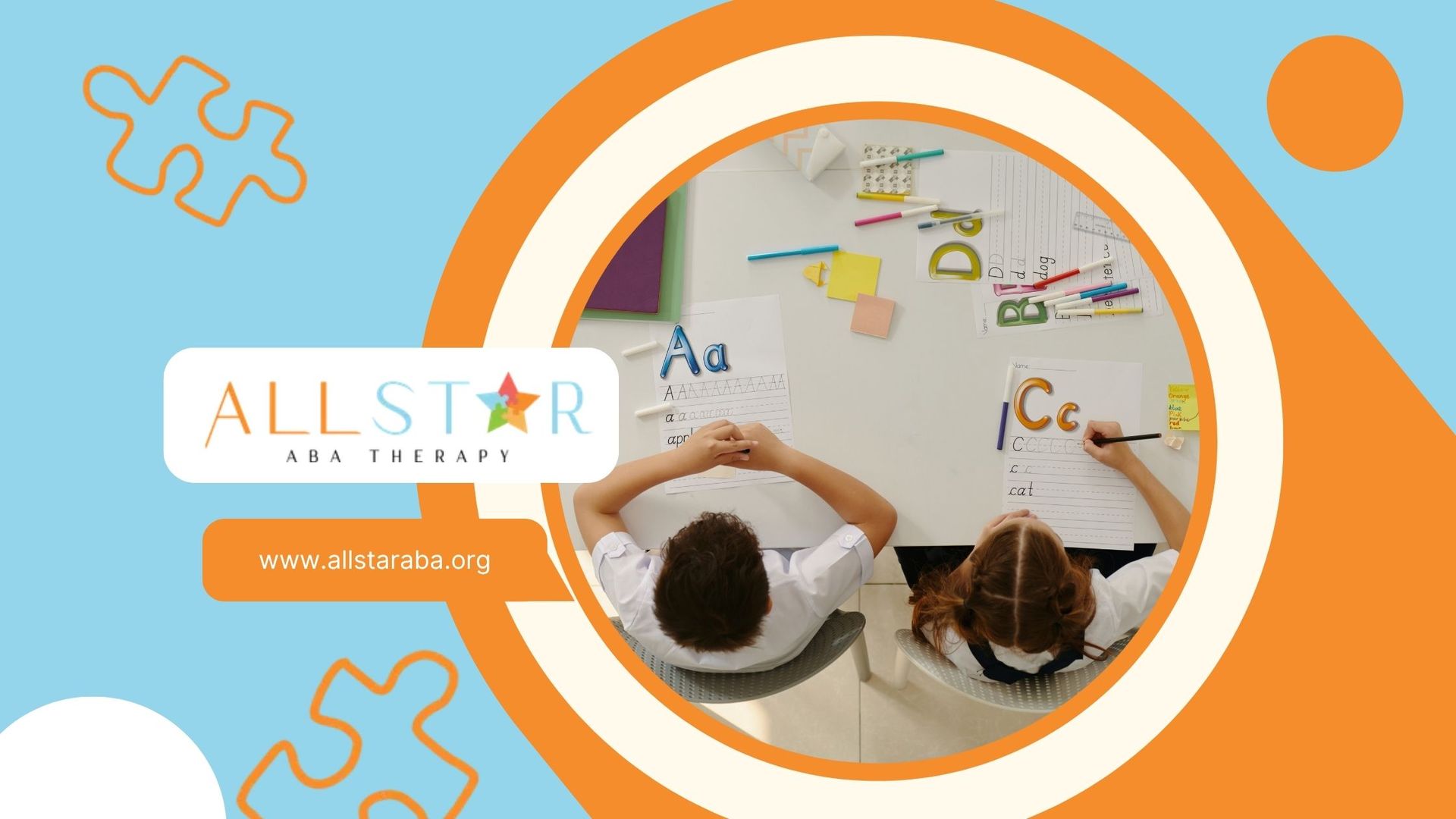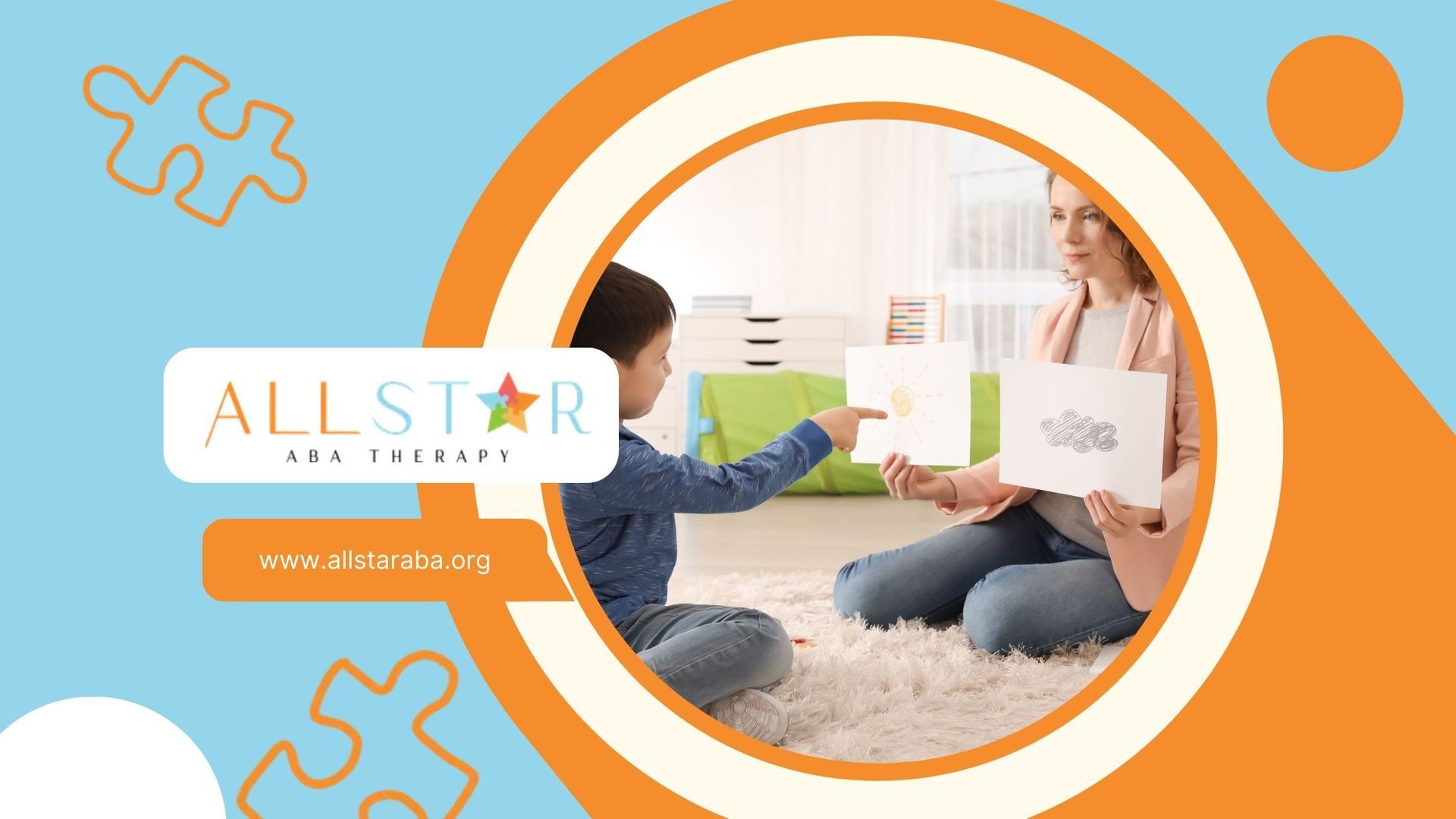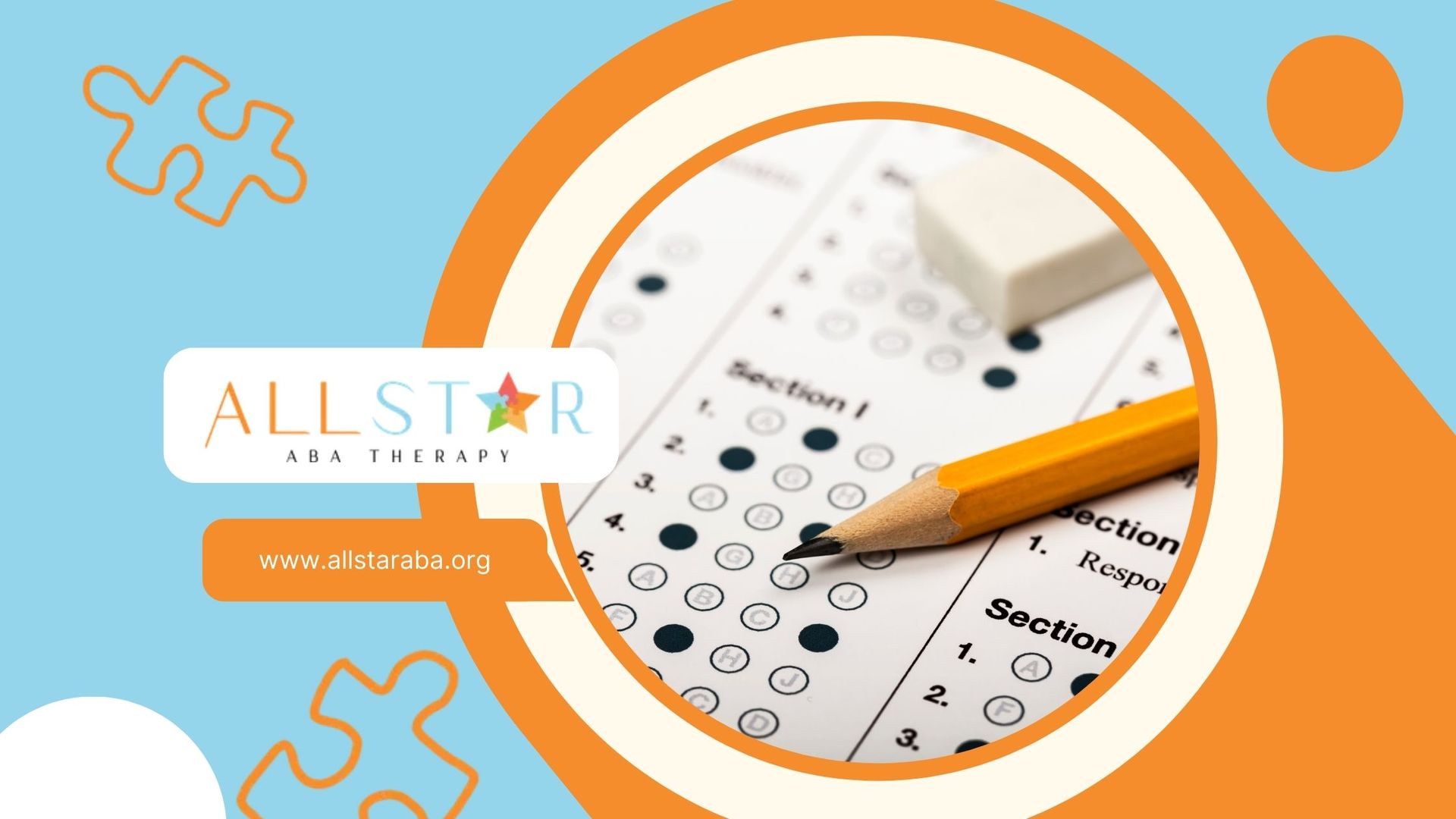New Paragraph
Intelligence Knows No Labels: Autistic People Are Not Dumb
The autism spectrum encompasses a wide range of neurological conditions, characterized by diverse challenges in social interaction, communication, and repetitive behaviors. Often misunderstood, autism is surrounded by misconceptions that fuel prejudice and hinder meaningful inclusion. This blog post aims to debunk common myths about autism and intelligence, shedding light on the intricate realities of this spectrum condition. By promoting awareness and understanding, we can foster a more inclusive society that embraces neurodiversity.
Exploring Common Myths: Are Autistic People Unintelligent?
One of the most pervasive and damaging myths surrounding autism is the notion that autistic individuals lack intelligence. This harmful stereotype is rooted in a fundamental misunderstanding of the autism spectrum. Autism manifests differently in each individual, impacting their communication, social interaction, and behavior in unique ways. Intelligence, however, is a separate facet unrelated to a formal diagnosis of autism. Let's examine specific myths that contribute to this misconception.
Myth 1: Autistic individuals lack intellectual capabilities
This myth assumes a general lack of intelligence based solely on an autism diagnosis, disregarding individual capabilities. While some autistic individuals may face learning challenges, many possess average or above-average intelligence. Autism affects information processing, not inherent intellectual potential. It's crucial to recognize that intelligence manifests in various ways and standardized tests may not accurately reflect the cognitive abilities of autistic individuals. Attributing a perceived lack of intelligence solely to autism is not only inaccurate but also deeply unfair.
Myth 2: Autism is synonymous with mental illness
Although autism is classified in the Diagnostic Statistical Manual (DSM-V) alongside mental health issues, it is not a mental illness. Autism is a neurological condition, a difference in brain wiring that affects communication and behavior. While some autistic individuals may experience co-occurring mental health conditions like anxiety or depression, these are separate diagnoses. Conflating autism with mental illness perpetuates stigma and hinders access to appropriate support. Understanding this distinction is critical for fostering acceptance and providing tailored interventions.
Myth 3: Poor parenting is the cause of autism
This harmful myth places blame on parents for a complex neurological condition, ignoring the functions of various parts of the brain and decades of extensive scientific research. The latest evidence shows that autism is not caused by inadequate parenting or a lack of parental discipline, nor is it linked to the kind of behavioural difficulties or the kind of behaviour many mistakenly attribute to parents, which can lead to an instant meltdown in different places, such as public settings. Extensive studies point to the causes of autism involving genetic factors, including the possibility of a genetically inherited condition, environmental influences, and a great difficulty in understanding its complexities playing significant roles in autism's development. Blaming parents for their child's autism is not only baseless but also incredibly insensitive and hurtful. Instead of perpetuating this myth, let's focus on supporting families and promoting understanding.
Myth 4: All autistic people are non-verbal
While some autistic individuals may face significant challenges with language skills, many are verbal and communicate effectively. Autism affects individuals across a spectrum, with varying degrees of communication abilities, which represents one of the main areas affected by autism. Some may be non-verbal, while others may have an enormous vocabulary and complex language skills. This myth disregards the diverse ways in which autistic individuals express themselves, contributing to the perception of autism as 'the invisible disorder'. Reducing communication to solely verbal language limits our understanding of their unique strengths and perspectives.
Myth 5: Autism exclusively affects males
While autism diagnoses are more prevalent in males, this does not mean females are immune. Emerging research suggests that autism may manifest differently in female brains, often masking symptoms and leading to a harder time with underdiagnosis. Autistic women often go to extraordinary lengths to disguise their challenges, impacting their day to day life, resulting in a very large number of those who remain undiagnosed, and traditional diagnostic criteria, primarily based on male presentations of autism, may not capture the unique ways it presents in females. Recognizing this disparity is crucial for early identification and providing appropriate support for autistic girls and women.
Myth 6: Children can outgrow autism
Autism is a lifelong neurological condition, not something one can simply outgrow. While early intervention and therapies can significantly improve skills and independence, the underlying neurological differences remain until the end of their lifetime. As autistic children mature, they may develop coping mechanisms and learn to navigate social situations more effectively, perhaps finding a group of supportive friends along the way through their hard work, masking their challenges and leading to all manner of other problems. This apparent improvement, however, doesn't mean they've outgrown autism. Instead of focusing on 'cures,' let's concentrate on this controversial subject surrounding providing lifelong support and fostering acceptance.
Myth 7: Every autistic individual possesses savant abilities
The media often portrays autistic individuals as possessing extraordinary savant abilities, sometimes referencing the latest fashion in societal expectations and giving them insights into new concepts, which paints an unrealistic picture of the spectrum. While some individuals, including a high number of university lecturers often referred to as "mad professors," may excel in specific areas, in extreme cases, this is not a universal trait of autism, and many possess a more generalised skill set. The human mind encompasses a range of abilities, and the savant syndrome, characterized by extraordinary abilities in a particular domain, is rare and often associated with the term "idiot savant" or "idiot genius," even among autistic individuals. Associating autism with savant abilities perpetuates stereotypes and ignores the diverse strengths and challenges present within the more generalised skill set of the spectrum, with the case of Albert Einstein often cited as an example that contributes to this narrative.
Myth 8: Autistic people are devoid of empathy
Contrary to popular belief, autistic individuals are not devoid of empathy. They may, however, express and experience emotions differently and face challenges in understanding different things, such as social cues and the theory of mind related to communication. With a little understanding, this difficulty in expressing enormous compassion should not be mistaken for a lack of compassion. With support and understanding, autistic individuals can develop meaningful emotional connections.
Myth 9: Autistic individuals cannot engage in loving relationships
This myth discounts the capacity for love and close connection that exists within every individual, regardless of neurodiversity. While social and communication differences may present challenges, autistic individuals are fully capable of processing intense emotions and forming deep, loving relationships. Being in a close relationship, like any relationship, requires a bit of creative thinking, understanding, patience, and effective communication, which are key. Support from family, friends, and potentially therapists can help bridge communication gaps and foster strong, fulfilling relationships.
Myth 10: Autistic people do not desire friendships
The desire for connection is inherent to the human experience, extending to individuals on the autism spectrum. While navigating social situations can be challenging, autistic individuals, like anyone else, often desire friendships and social interaction, which is a basic human characteristic. Difficulties with social cues and communication may make it harder for them to initiate or maintain friendships, leading to isolation. Recognizing these challenges and providing support can help facilitate meaningful connections.
Understanding Autism Spectrum Disorder
Having addressed common myths, let's delve into what autism spectrum disorder truly entails. Autism is not a single disorder but a spectrum encompassing a wide range of abilities and challenges. This neurodevelopmental condition affects individuals differently, impacting their social interaction, communication, behavior, and sensory processing. Recognizing this diversity is crucial for understanding the complexities of autism.
What is Autism Spectrum Disorder?
Autism spectrum disorder (ASD) is characterized by persistent challenges in social communication and interaction, accompanied by restricted, repetitive patterns of behavior, interests, or activities. These challenges manifest in various ways, impacting social skills, verbal and nonverbal communication, and sensory sensitivities. The "spectrum" in ASD highlights the wide range of individual experiences, ranging from mild to severe. While some individuals may require significant support, others may live relatively independent lives.
How is Autism diagnosed?
Diagnosing autism involves a comprehensive evaluation process conducted by qualified professionals, typically a team including psychologists, pediatricians, and speech-language pathologists. This evaluation considers the individual's developmental history, observations of their behavior, and standardized assessments. No single test can diagnose autism; it requires careful consideration of multiple factors. Early diagnosis is crucial for timely intervention and access to appropriate support services.
Cognitive Abilities and Autism
Intelligence among autistic individuals, like in the general population, is incredibly diverse. It's essential to recognize that autism itself does not determine intellectual capability. While some individuals may have co-occurring intellectual disabilities, many possess average or above-average intelligence. Let's examine how intelligence manifests in autism.
Analyzing intelligence in autistic individuals
Assessing intelligence in autistic individuals requires a nuanced approach that goes beyond traditional standardized tests, which may not accurately capture their cognitive abilities due to communication or sensory sensitivities. Autistic individuals often excel in visual-spatial processing, pattern recognition, and memory, while facing challenges in verbal comprehension or social cognition. This unique cognitive profile highlights the need for individualized assessment methods that consider their strengths and challenges. Focusing on their unique abilities can unlock their potential and foster their growth.
Comparing IQ scores: Autistic vs. Non-autistic
Directly comparing IQ scores of autistic and non-autistic individuals can be misleading, as autism itself doesn't dictate intelligence. While some studies suggest a higher prevalence of lower IQ scores among autistic individuals, this may be influenced by factors like co-occurring conditions or test anxiety.
| Group | Average IQ Range |
|---|---|
| Autistic | 70-115 |
| Non-Autistic | 85-115 |
It's crucial to remember that IQ is just one measure of intelligence and doesn't encompass the full range of cognitive abilities present in individuals with autism.
Communication and Social Interaction
Challenges in communication and social interaction are hallmark characteristics of autism. Autistic individuals may process language literally, struggle with nonverbal cues, and find social situations overwhelming. These difficulties stem from differences in brain wiring that affect social-emotional processing. Understanding these challenges is key to effective communication and fostering meaningful connections.
Challenges in verbal and non-verbal communication
Autistic individuals may process and interpret language differently, leading to challenges in both verbal and non-verbal communication. They might take words literally, struggle with abstract concepts, or have difficulty understanding sarcasm or humor. Non-verbal cues like facial expressions, tone of voice, and body language, crucial for social interaction, can be equally challenging. These communication differences can lead to misunderstandings and social anxiety. Patience, clear communication, and a willingness to adapt communication styles are essential.
Social interaction nuances in autism
Navigating the complexities of social interaction presents significant hurdles for many autistic individuals. The unwritten rules of social engagement, often intuitive for neurotypical individuals, can feel bewildering. Making eye contact, understanding personal space, and engaging in small talk may be uncomfortable or overwhelming. These challenges are not indicative of a lack of social interest; rather, they reflect differences in social-emotional processing. Creating structured social environments with clear expectations can help reduce anxiety and promote positive interactions.
Behavioral Traits of Autistic Individuals
Autistic individuals often exhibit specific behavioral traits that arise from their unique sensory experiences and ways of processing information. These behaviors, while sometimes perceived as unusual, serve important functions in their lives. Understanding these behaviors is key to providing support and promoting their well-being.
Common behaviors observed in autism
Individuals with autism often engage in repetitive behaviors, sometimes referred to as "stimming," such as rocking, hand-flapping, or repeating phrases. These behaviors can provide comfort, regulate sensory input, or serve as self-soothing mechanisms. They may also have difficulty with transitions and prefer predictable routines. These behaviors are not simply quirks; they serve important functions and should be understood within the context of autism's sensory and processing differences.
Sensory sensitivities and stimming explained
Sensory sensitivities are common among autistic individuals, with heightened or diminished responses to sensory input like sounds, lights, textures, or smells. What may seem like ordinary sensory experiences can be overwhelming for them. This sensitivity can lead to sensory overload, manifested as meltdowns or shutdowns. "Stimming," or repetitive behaviors, can help regulate sensory input and provide a sense of control. Creating sensory-friendly environments and understanding their sensory needs are essential for their well-being.
Educational and Therapeutic Interventions
Early intervention and ongoing therapeutic support are crucial for helping autistic individuals thrive. Educational strategies tailored to their needs can enhance learning, and behavioral therapies can equip them with valuable skills to navigate social situations and manage challenges.
Effective educational strategies for autistic learners
Autistic learners benefit from educational strategies that address their unique strengths and challenges. Visual supports, structured environments, and clear communication are essential for effective learning. Incorporating their interests into lessons, providing frequent breaks, and allowing for sensory regulation can enhance engagement. Collaboration between educators, therapists, and families is critical for developing individualized education plans (IEPs) that foster academic, social, and emotional growth.
Overview of behavioral therapies for autism
Behavioral therapies, such as Applied Behavior Analysis (ABA), play a crucial role in supporting individuals with autism. These therapies focus on teaching new skills, reducing challenging behaviors, and promoting independence. Using positive reinforcement techniques, therapists help individuals develop communication, social interaction, and daily living skills. Early intervention with behavioral therapies can lead to significant improvements in adaptive functioning and quality of life.
Autistic Individuals in Society
Promoting the full inclusion of autistic individuals in society requires addressing systemic barriers and fostering understanding. From employment opportunities to social integration, creating a society that embraces neurodiversity is essential. Ensuring equitable access to resources and advocating for their rights are paramount.
Employment and societal integration
Autistic individuals often face significant challenges in securing and maintaining employment. Discrimination, stigma, and a lack of understanding of their needs create barriers to their full participation in the workforce. Their unique skills and perspectives can be valuable assets to employers, fostering innovation and diversity in the workplace. Creating inclusive work environments that accommodate their sensory sensitivities and communication styles is essential for their success.
Advocacy and rights of autistic people
Advocating for the rights of autistic individuals is paramount for achieving equality and inclusion. This includes promoting access to education, healthcare, employment, and community living that meets their specific needs. It also means challenging discrimination and fighting for their right to be treated with dignity and respect. Empowering autistic individuals to advocate for themselves and promoting self-determination is crucial for creating a more just and equitable society.
Role of Technology in Autism
Technology plays a transformative role in the lives of many autistic individuals, providing valuable tools for communication, learning, and social connection. From assistive communication devices to educational apps, technology can bridge communication gaps, enhance learning experiences, and foster greater independence.
Technological aids for communication and learning
Assistive technology, such as communication apps or tablets, can significantly improve communication for non-verbal or minimally verbal autistic individuals. Visual aids and prompts can enhance understanding and reduce anxiety. Educational apps can tailor learning to individual needs, making it more engaging and accessible. Technology can empower them to express themselves, access information, and participate more fully in society.
Impact of digital media on autistic individuals
Digital media can have both positive and negative impacts on autistic individuals. On the one hand, online communities can provide a sense of belonging and connection, while educational videos and games can offer engaging learning opportunities. On the other hand, excessive screen time can exacerbate sensory overload, and cyberbullying poses a risk, just as it does for neurotypical individuals. Balancing the benefits of digital media with potential drawbacks requires mindful engagement and open communication.
Legal and Support Framework
A robust legal and support framework is essential for protecting the rights and well-being of autistic individuals and their families. Disability rights legislation ensures equal opportunities and access to services. Strong support networks provide emotional support, resources, and a sense of community.
Understanding disability rights and legislation
Disability rights legislation, such as the Americans with Disabilities Act (ADA) in the United States, prohibits discrimination based on disability and ensures equal opportunities in areas like education, employment, and public accommodations. These laws protect the rights of autistic individuals to access the same opportunities as everyone else. Understanding these rights and advocating for their enforcement are crucial for creating an inclusive society.
Resources and support networks for families
Navigating the world of autism can be overwhelming for families and their family members. Support networks play a vital role in providing emotional support, sharing information and resources, and connecting families with others who understand their journey. Local autism organizations, online support groups, and parent training programs offer invaluable guidance and a sense of community. Connecting with other families can provide a lifeline during challenging times.
Personal Stories and Experiences
The lived experiences of autistic individuals and their families provide invaluable insights into navigating the world with autism. Hearing their stories can challenge stereotypes, promote understanding, and inspire hope for the majority of people. Let's explore some personal narratives that shed light on the complexities, joys, and challenges of their journeys.
Inspirational stories of autistic individuals
Countless autistic individuals have overcome adversity to achieve remarkable things, demonstrating their resilience and amazing talents. From talented artists and musicians to successful entrepreneurs and scientists, their stories defy stereotypes and inspire others. By sharing their stories, we celebrate their accomplishments and raise awareness about the incredible contributions they make to society.
Family perspectives on living with autism
Families of autistic individuals provide invaluable perspectives on the realities of everyday life. Their stories highlight the joys, challenges, and unwavering love that characterize their journey. From advocating for their children's needs to celebrating their milestones, families play a pivotal role in their loved ones' lives. Sharing their experiences fosters understanding, compassion, and support within the wider community.
Conclusion
In conclusion, it is crucial to debunk misconceptions and stereotypes surrounding autism. Autistic individuals are diverse in their abilities and potential, and understanding and acceptance are key in fostering inclusivity and support. By educating ourselves and others, we can create a more compassionate and inclusive society where everyone is valued for who they are. Embracing neurodiversity and promoting awareness can lead to a more empathetic and inclusive world for individuals on the autism spectrum.
At All Stars ABA, we believe that intelligence knows no labels. Our approach to ABA therapy is grounded in recognizing the unique strengths and abilities of every individual, regardless of their diagnosis. Autistic individuals have immense potential, and with the right support, they can thrive in ways that defy stereotypes. Our tailored therapy programs focus on fostering independence, improving social skills, and unlocking the full potential of every child. Contact All Stars ABA today to discover how our expert team can help your child reach new heights of success and confidence.
Frequently Asked Questions
Is autism a learning disability?
Autism itself is not a learning disability, but a neurological condition. However, some autistic individuals may have co-occurring learning disabilities. It's crucial to distinguish between the two and provide appropriate support based on individual needs.
Can autism be detected in infancy?
While some signs of autism may be present in infancy, most children are diagnosed later. Early signs can include limited eye contact, delayed language development, and repetitive behaviors. Early diagnosis and intervention are crucial for maximizing their potential.
How do autistic individuals perceive the world?
Autistic individuals often perceive sensory information differently, leading to heightened or diminished responses to sounds, lights, textures, or smells. This unique sensory processing and sensory issues shape their worldview and influence their interactions with the environment.
Sources
- https://pmc.ncbi.nlm.nih.gov/articles/PMC6959478/
- https://my.clevelandclinic.org/health/articles/24291-diagnostic-and-statistical-manual-dsm-5
- https://www.healthline.com/health/autism/nonverbal-autism
- https://www.adventhealth.com/hospital/adventhealth-shawnee-mission/blog/breaking-barriers-acceptance-5-misconceptions-about-autism-debunked
- https://www.nimh.nih.gov/health/topics/autism-spectrum-disorders-asd
- https://pmc.ncbi.nlm.nih.gov/articles/PMC8813809/
Need Support?
We're Here to Help!
Our experienced team is ready to assist you. Reach out today to discuss how we can support your child's development and well-being.
Get started with expert ABA therapy today.








